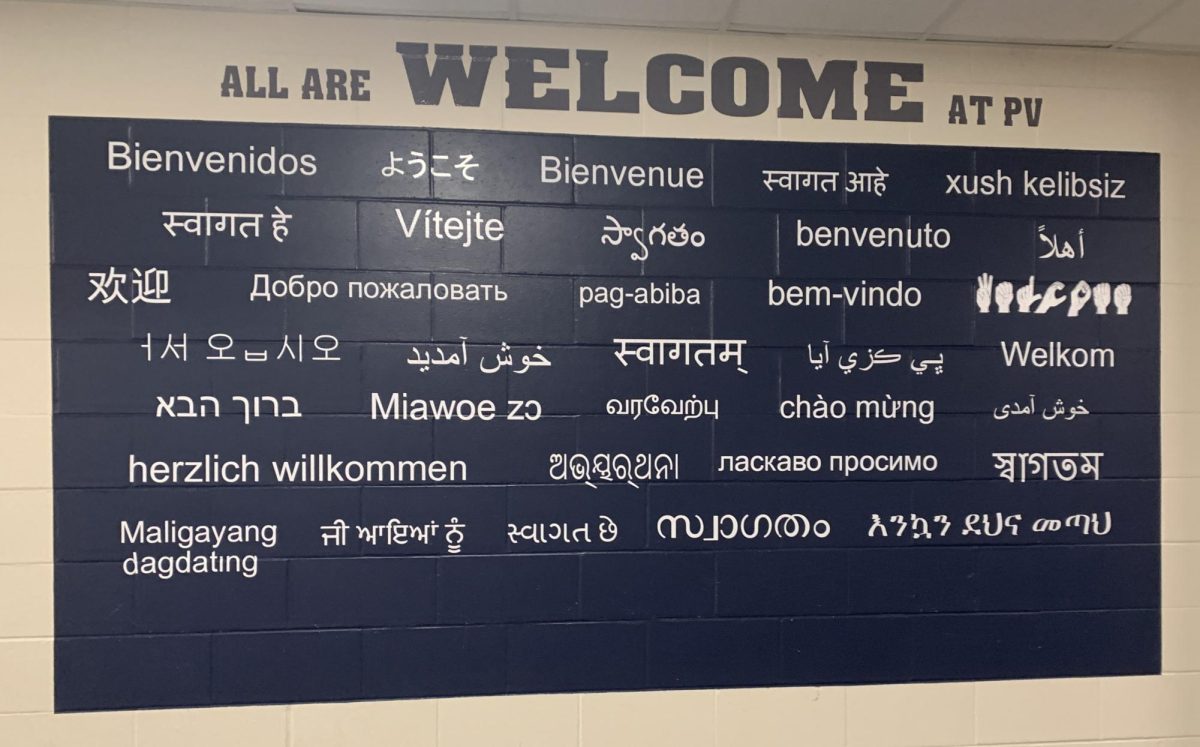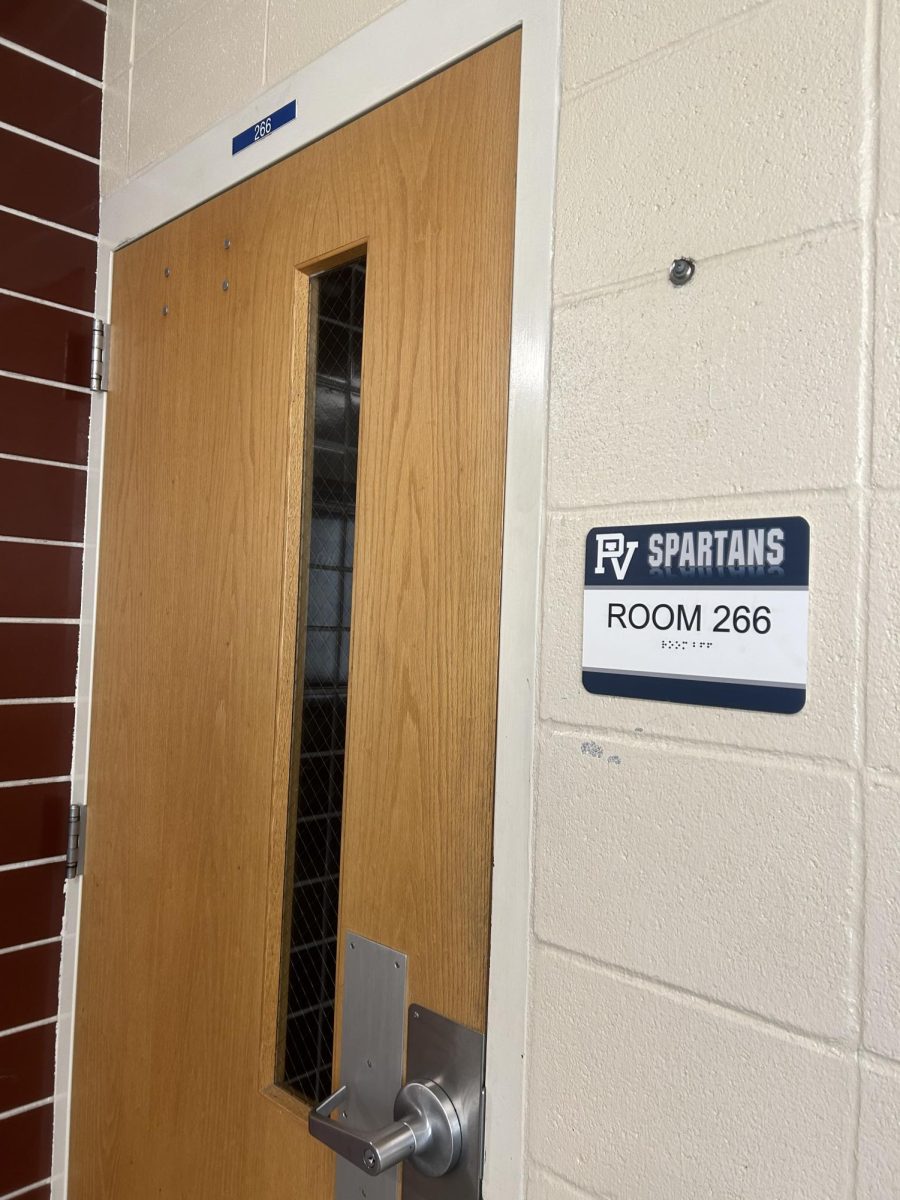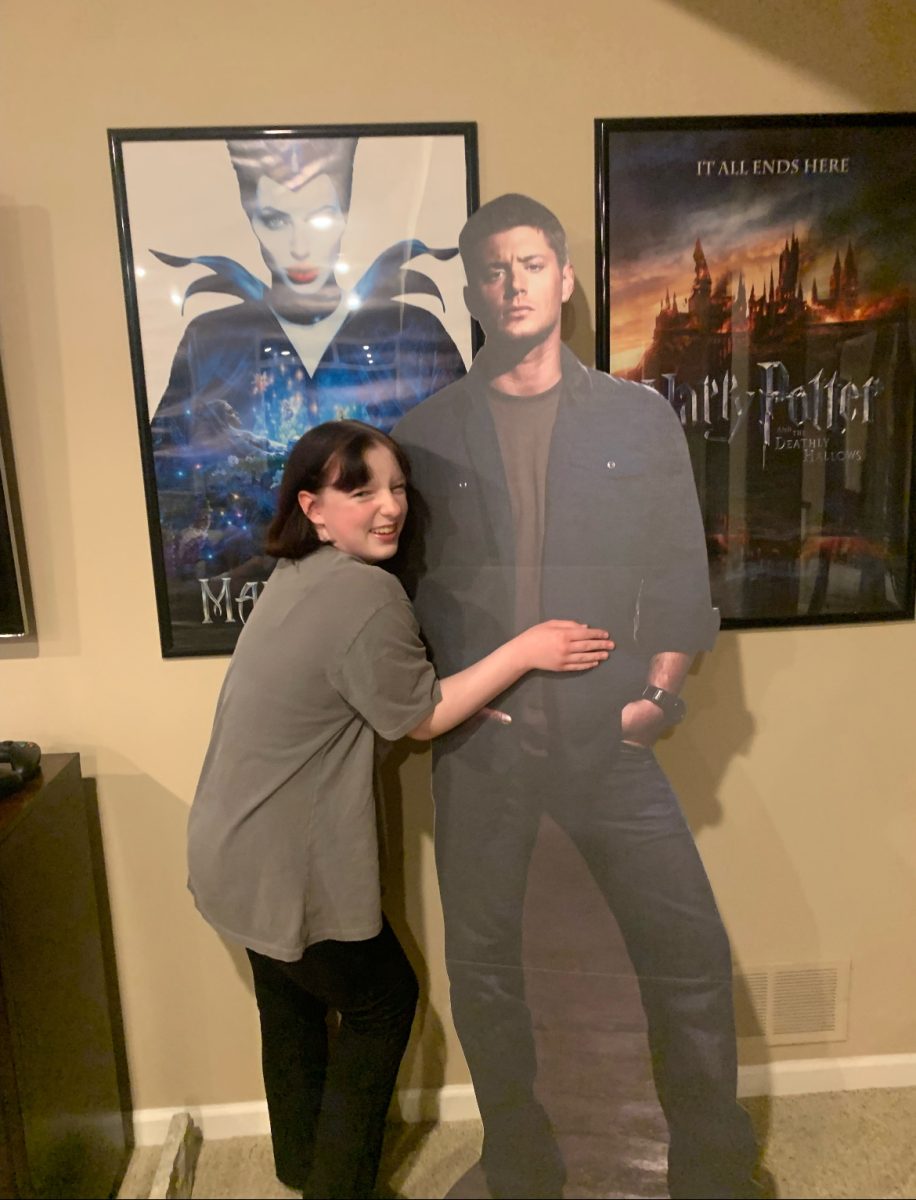Linguistic racism encompasses all racism spurred by differences in language and accent. There are many ways this can occur, but it is most notably illustrated through the stereotyping of foreign accents in media.
American-accented English speakers commonly attribute characteristics to the various accents of English around the globe. British English displays sophistication while East Asian, Middle Eastern, and African accents lack fluency and are laughably incomprehensible. French and Italian accents evoke romance, while South Asian accents are employed as cheap jokes.
Xenophobic and Eurocentric ideals contribute to these correlations, but Americans alone aren’t guilty for the prolonging of these stereotypes. They are influenced by the fact that movies and TV shows continue to fall back on the tropes of accents in their storytelling, rendering characters as caricatures.
For the perfect romantic scene, the media travels to Western Europe. These countries often exude an elevated, high-class air and are seen as beautiful and historic. Netflix’s Emily in Paris, for example, exemplifies the romanticization of France and French culture. Emily, the innocent and good-hearted American traipses through Paris, encountering over exaggerated clichés of wealth, fashion, and romantic affairs.
The high status of these locations is present across cultures as well. “Some of my friends from France told me ‘I love Italian because it sounds so romantic, so fancy, and everything’. And I told them that for me, French was more ‘fancy’. It’s that people think of what they don’t have as more beautiful,” senior Dafne Sapia, a foreign exchange student from Italy, shared.
However, not all of Europe can say the same about worldwide admiration. Much of Eastern Europe is simply ignored in film, aside from the occasional use of a seductive foreign woman. Russian accents are impossible to ignore, but perpetually villainized. Russian-accented English appears as the voice of villains again and again, from “Iron Man” to “Despicable Me”.
Upon closer observation, many kids’ movies push the association of accents with intelligence and personality. “The Lion King,” for example, characterizes the American English-speaking protagonists, Simba and Mufasa, as innocent, courageous heroes. Scar, the powerful leader of the villains, has a British accent, and the hyenas, who are incompetent without his strict guidance, speak with Latino accents and African American Vernacular English.
Highlighting incompetence in association with an accent as humorous is common in American media. The 2021 Marvel movie, “Eternals”, uses characters Kingo, a superhero and Bollywood actor, and Karun, his personal assistant, as punchlines. Kingo speaks with actor Kumail Nanjiani’s Pakistani accent, and though a main character, does not have true relevance to the plot. Karun, who speaks with an Indian accent is purely comical, obviously out of place in a group of superheroes.
Not only South Asian but most Asian accents are seen as undesirable and unacceptably foreign. “Everytime I think about how ingrained it is in the culture,” voiced junior Kelly Wu, who is Chinese-American. “When I was younger, I remember watching a movie [A Christmas Story] because it’s an American classic. In it, the kid had to go to a Chinese restaurant for Christmas where the staff sang ‘Deck the Harrs’ and ‘Jingre Berrs’ and ‘fa ra ra ra ra’,” she continued.
This begs the question: Who decides which accents to romanticize and which to humiliate?
It’s obvious that European and majority white countries are likely to get the pass. With faces familiar to Americans and equal economic and social development, the most similar foreigners are the most easily accepted. Non-white countries, however, face more scrutiny. From poor, unsanitary and unintelligent to job-stealing, unpatriotic enemies, every stereotype is thrown on the visibly foreign.
When these stereotypes are present in the media, they are inevitably taken out of the screen. Accent discrimination is prominent in employment, as Americans view individuals with foreign accents as less trustworthy than native speakers. The ignorance to assume non-native speakers can’t understand English means that they are left out of conversations and meetings. Their “heavy accents” are deemed “too difficult to understand”, code for unwillingness to communicate with a person whose experiences and culture may be different from their own.
This form of discrimination travels to schools as well. “In elementary school, a lot of kids assumed that Chinese was a stupid language. They would say something in “Chinese”, which was just gibberish, and laugh,” said Wu. The United States’ history of xenophobia contributes to its sense of linguistic superiority. With different phonetics and no alphabet, Chinese, among many other languages, is just too foreign to be used. Americans often feel threatened or uncomfortable when hearing languages other than English, creating a need to mock and invalidate them.
Accents are also a method by which the stereotype of the perpetual foreigner is pushed. For many second-generation American students, this is a common experience. The questions and remarks from classmates are unavoidable. “Your English is so good” despite growing up in the States and mocking an accent they don’t have are chief among these universal experiences that reduce a country to a monolith.
Many people still hold the ideals of linguistic superiority. They think highly of certain accents, namely Western ones, while labeling others “too foreign”, correlating them with stupidity and danger. Comments on a European accent might follow “I love your accent, where is it from?”, whereas the same question to an African would come off as ridicule to the more expected: “Can you repeat that? I’m having a hard time understanding you”.
U.S. media decides which accents to glorify and which to alienate, shaping the country’s perception of global language and cultures. Through discriminatory casting, nationalities are left with a select set of roles to fill in film, causing linguistic racism to pervade the American mind.
















